Are Climate Change and Global Warming the Same Thing?
Updated Oct. 9 2020, 4:13 p.m. ET
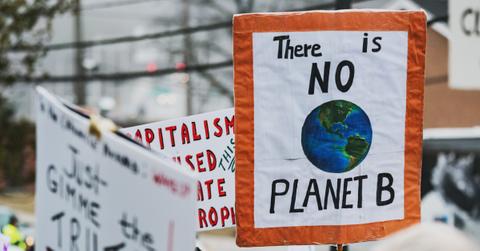
The terms global warming and climate change are assumed to be synonymous by many people. Green advocates, politicians, pundits, and even some scientists, all believe that these things are one and the same — but they may be the same people that think that the words “weather” and “climate” are the same thing.
Both are used as blanket terms for the strange meteorological changes that have gone on over the past half-a-century.
In truth, these terms refer to events with broadly different spatial and timescales. In order to understand what they mean for our planet, we must first understand what their true definitions are, and what they have been responsible for in recent years.
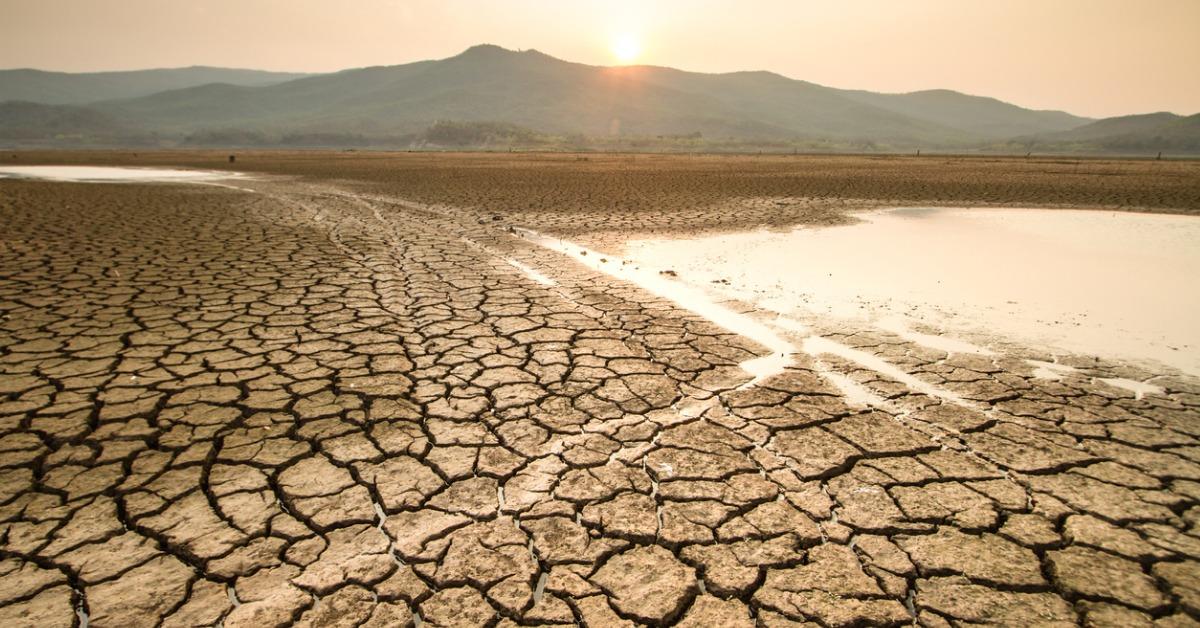
What is global warming?
Global warming is defined as the long-term heating of Earth’s climate system at the hands of our planet’s greatest enemy, human beings. This temperature increase has been attributed specifically to the burning of fossil fuels, which increases greenhouse gas levels in Earth’s atmosphere. As strange as it sounds, this phenomenon has been regularly observed since the pre-industrial period, anywhere between 1850 and 1900.
Even at that time, the scientists of the day noticed that something was amiss. The situation only got worse at the onset of the Industrial Revolution. Since then, human activities are estimated to have increased the global average temperature by 1.8 degrees Fahrenheit per decade. It wasn’t so bad, even in the smog-spewing factory days though. It only got really bad in the 1950s, when every person in the world suddenly needed an automobile.
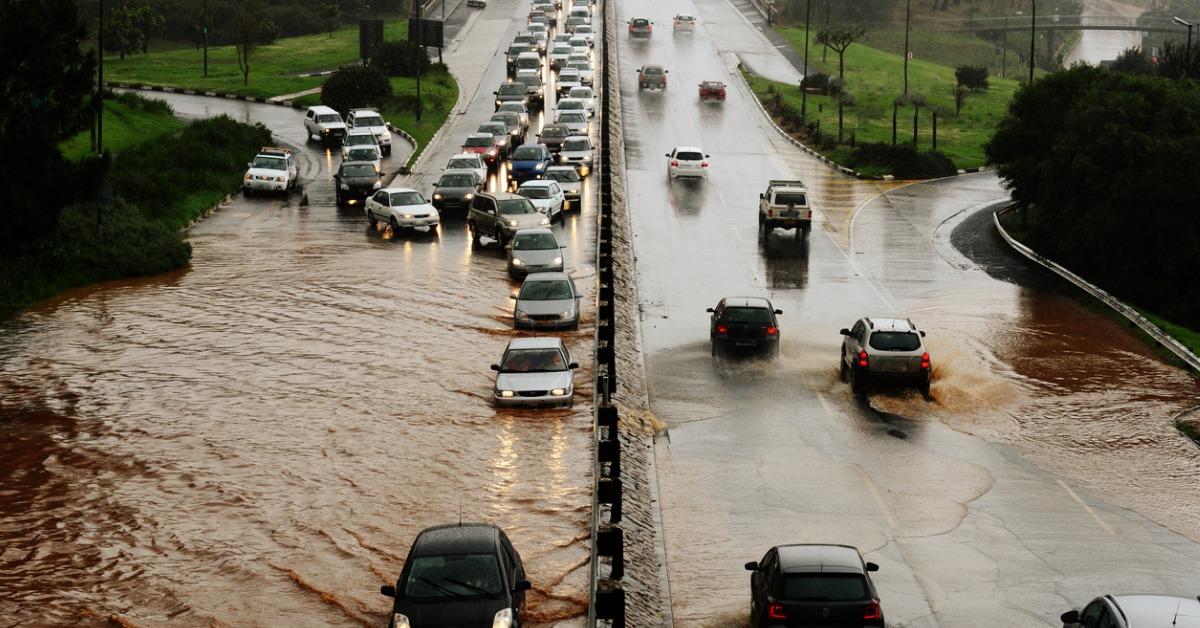
What is climate change?
This is not to be confused with climate change, which refers not just to human culpability but the other naturally-produced phenomena that contribute to the overall warming of the planet. It is also used to describe the long-term change in the average weather patterns that have come to define Earth’s local, regional, and global climates.
Scientists have observed these climate changes and worsening weather patterns since the early 20th century. They may have known the Earth was warming in the 19th century, but they didn’t concern themselves with the effects until half-a-century later. They thought that it was natural, at first, even if they knew deep down that humanity was responsible.
Natural processes can also contribute to climate change. These changes include cyclical ocean patterns like El Niño, La Niña, and the Pacific Decadal Oscillation. They also included volcanic activity or external forces like the Sun’s energy output or variations in Earth’s orbit. The main gist is, climate change isn’t all our fault, but we are certainly not helping the situation.
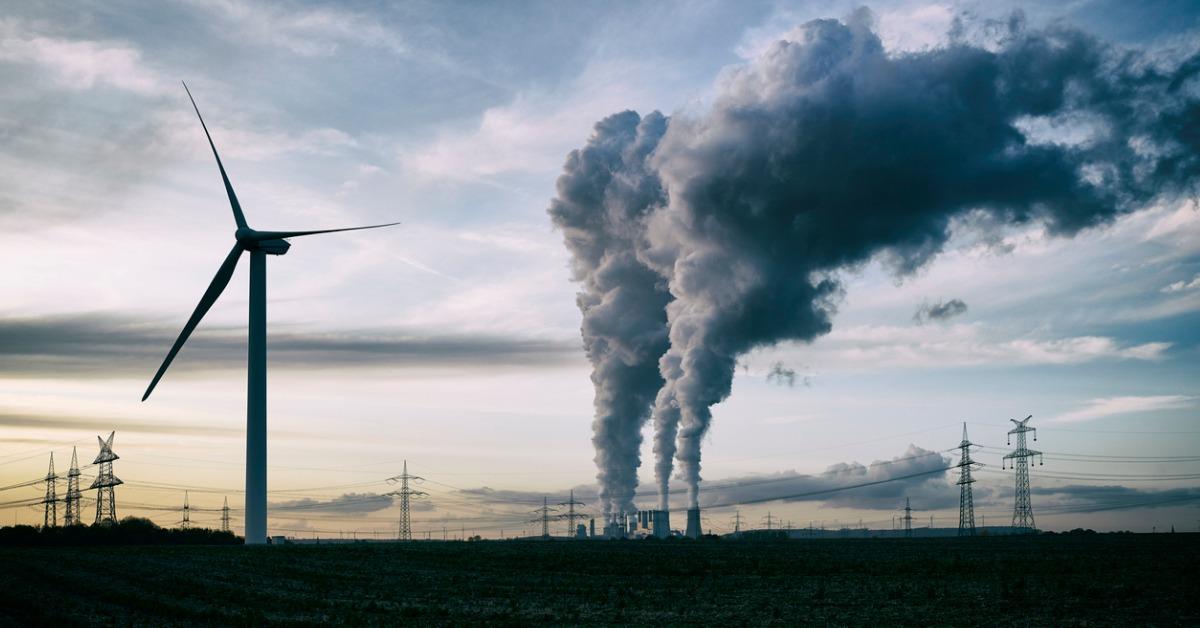
What are the effects of global warming and climate change?
Higher global temperatures don’t just mean hotter summers on average. They also increase the likelihood and overall destructive efficacy of many types of disasters. You yourself may have noticed these changes. Hurricanes are stronger and more frequent, heat waves and wildfires rage out of control as droughts deplete the landscape of any available moisture, flash floods, and mudslides bury whole towns in an inescapable deluge. In essence, global warming changes weather patterns the world over.
The hotter it gets, the more the polar ice caps melt, slowly increasing sea levels to the point that they will one day overtake many of the world’s most populated coastal cities like Tokyo, Portland, and New York City.
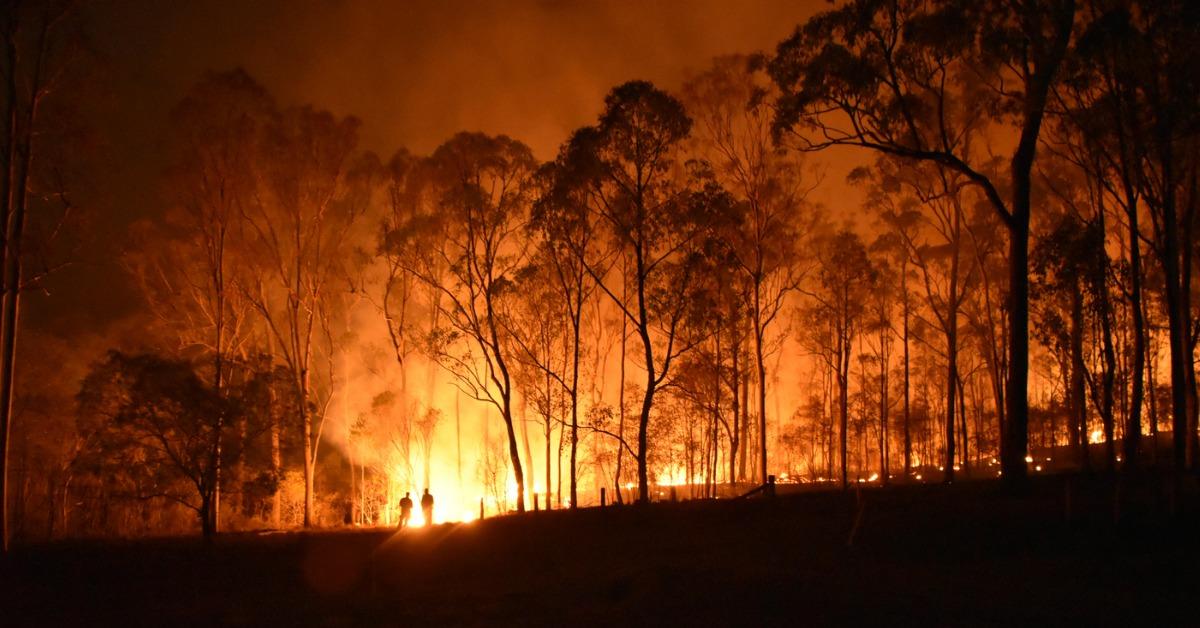
Has the planet experience climate change before?
The planet has experienced climate change throughout its history. Earth has been through several warming and cooling periods. Most of these happened millions of years ago, long before humanity created the widespread civilizations and infrastructure we now have in place. These previous events were triggered by small increases in sunlight, orbit, and large releases of carbon dioxide that were released from oceans warmed at the close of an ice age.